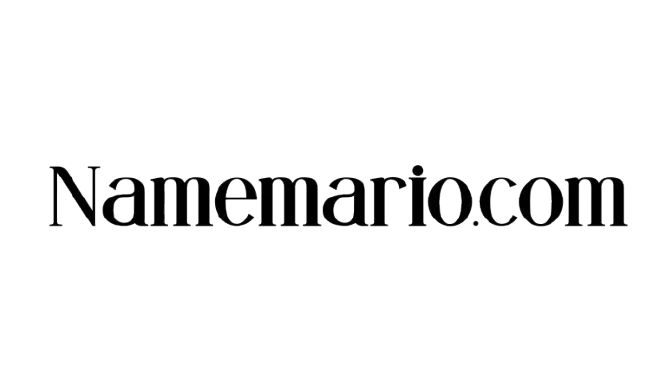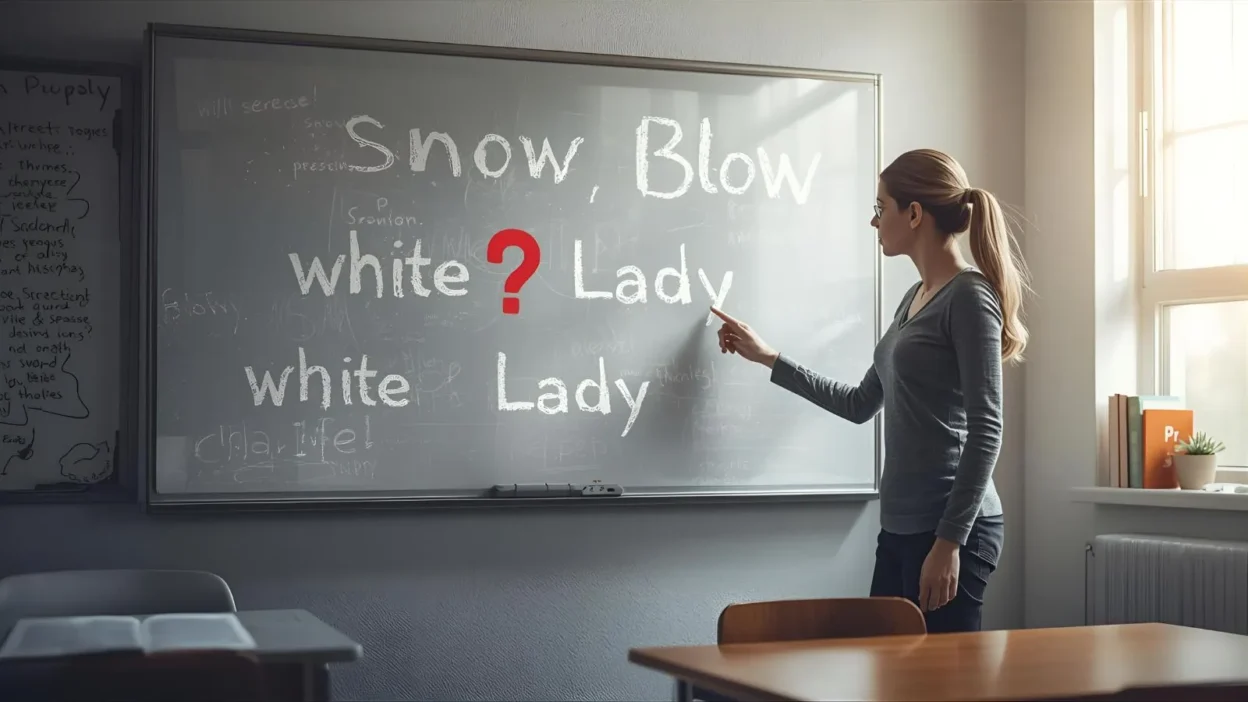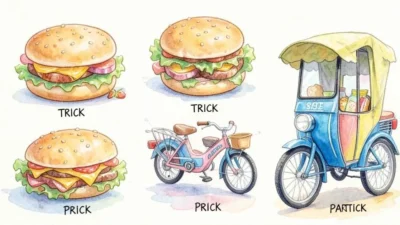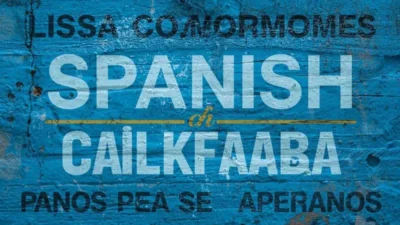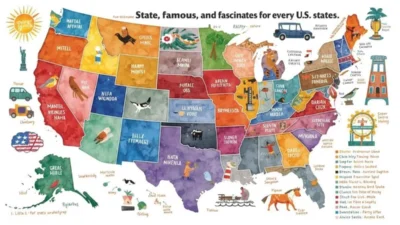Have you ever overheard strange words like snow, white lady, or blow and wondered what they mean? These aren’t just casual slang terms — they’re often nicknames for cocaine, a highly addictive and dangerous drug.
People use street names to hide illegal activity or talk discreetly about drugs without being noticed. That’s why understanding these nicknames isn’t about curiosity — it’s about awareness and protection. Parents, teachers, and community leaders can better recognize warning signs when they know how cocaine is referred to in everyday language.
In this article, we’ll explore the most common street names for cocaine, explain where they come from, and uncover why slang plays such a big role in drug culture. You’ll also learn how this knowledge helps with education, prevention, and early intervention.
🧊Common Nicknames for Cocaine — The Basics

Quick List (Top 5 Picks):
- Snow ❄️
- Blow 🌬️
- Coke 🥤
- White Lady 👩🦳
- Powder 💨
Cocaine has been called many names over the decades. Some are straightforward, while others sound innocent but hide a dangerous meaning. Below are some of the most common nicknames for cocaine heard in different parts of the world.
| Nickname | Meaning / Origin |
|---|---|
| Snow | Refers to the drug’s white, powdery appearance. |
| Blow | Slang from the 1970s, linked to inhaling or “blowing” the powder. |
| Coke | Shortened version of “cocaine,” commonly used in pop culture. |
| White Lady | A metaphorical term for cocaine’s appearance and addictive allure. |
| Powder | A generic term that disguises cocaine as something harmless. |
🎭Funny or Innocent-Sounding Nicknames (That Aren’t So Harmless)
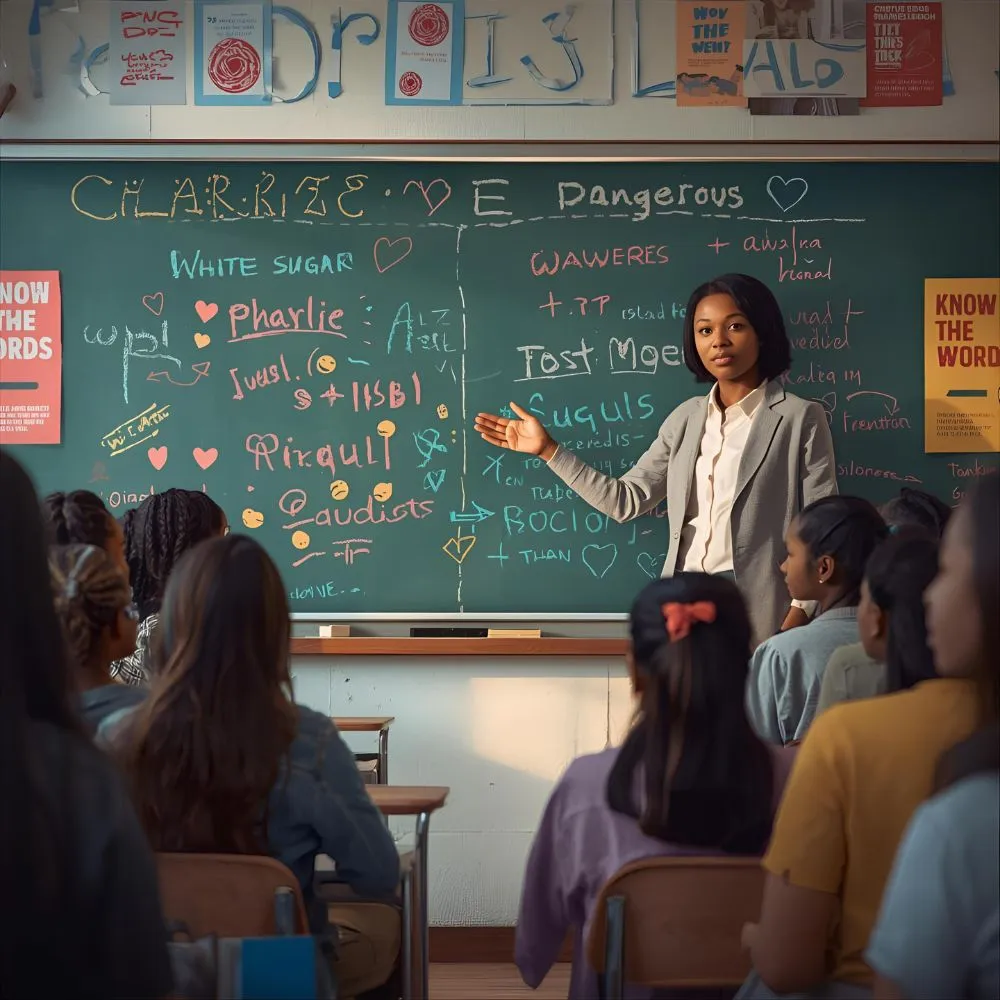
Drug users often use humorous or coded names to disguise conversations. These names may sound playful, but they can conceal serious behavior.
Examples:
- Aunt Nora – A playful nickname used to hide drug references.
- Lady Snow – Romanticized term from club culture.
- Charlie – Common code used in text messages or social circles.
- Pearl – Used to describe high-purity cocaine.
- Flake – Refers to cocaine’s flaky texture.
- Dust – Simplified street name, often mixed with other drugs.
- Line – A reference to the way cocaine is often arranged before use.
- Star – Symbolic of the high or “shine” associated with it.
- White Sugar – Sounds innocent but masks drug discussion.
- Heaven’s Powder – A deceptive nickname that glamorizes the drug.
Educational Tip:
When someone uses these words in casual conversation, context matters. They might not always refer to drugs — but if combined with suspicious behavior, they could signal substance misuse.
🌎Regional & Cultural Variations of Cocaine Nicknames

Slang varies around the world. Each country or region has its own way of disguising cocaine references.
Examples by Region:
- U.S. – Blow, Coke, Snow, Nose Candy
- U.K. – Charlie, Toot, Gear
- Latin America – Blanca, Perico, Nieve
- Australia – White Lady, Flake, Marching Powder
- Europe – C, Chaz, Dust
Why it matters:
Understanding regional slang helps law enforcement and parents identify risky language. Global communication online makes it easier for drug slang to spread across countries quickly.
⚗️Chemical & Club Slang for Cocaine

In nightlife or music scenes, cocaine often goes by nicknames linked to energy or mood.
Examples:
- Rocket Fuel – Suggests strong energy or euphoria.
- Zoom – Fast-paced high.
- Charge – Related to stimulation.
- Energy Powder – Used to hide the real substance.
- White Rush – Describes the fast “rush” users seek.
- Nose Candy – A lighthearted yet dangerous euphemism.
- Happy Dust – Reflects the false sense of joy.
- Speedball (mix) – Cocaine mixed with heroin — extremely dangerous.
- Work – Disguised term in text messages.
- Yayo – Popularized by movies and music.
📜Historical Cocaine Nicknames
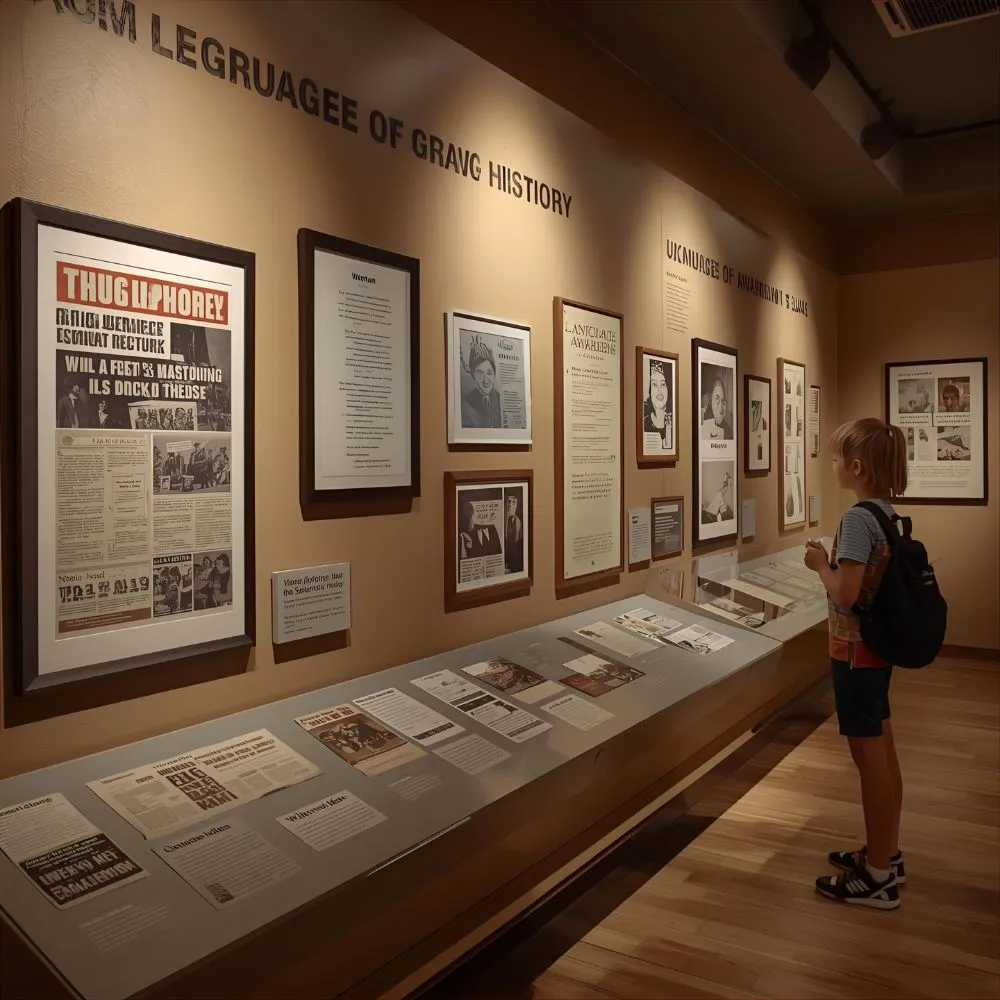
Cocaine has been around since the 1800s, and so has its slang.
Examples:
- Coca – Original plant name.
- White Gold – Used during the 1980s for its high street value.
- Dust of Angels – Historical term for its deceptive allure.
- Bolivian Marching Powder – Originated from South America’s production regions.
- Snow White – Referencing the fairy tale, symbolizes purity.
- Colombian Snow – Associated with drug trade routes.
- Angel Powder – Used in older Hollywood circles.
- The White Stuff – Famous from the 1980s pop culture.
- Candy – Misleadingly sweet code word.
- Mojo – Old jazz term for energy or excitement.
💬Why Do People Use Slang for Cocaine?

People invent nicknames for cocaine to:
- Avoid police detection
- Sound discreet in public or online
- Bond within drug-using circles
- Add glamour or humor to a dangerous act
Understanding this helps authorities, educators, and families detect early warning signs of drug involvement.
🚫The Dangers Hidden Behind “Nicknames for Cocaine”
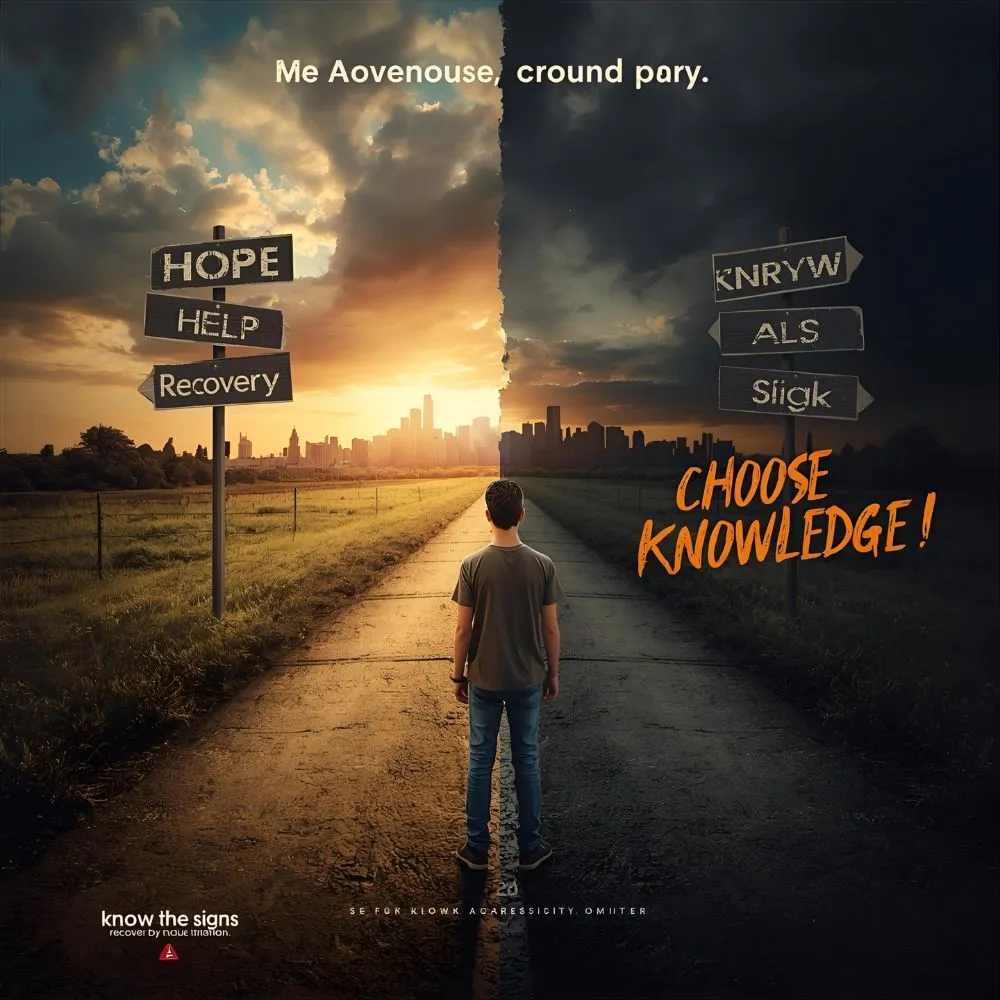
Behind every nickname lies a serious danger. Cocaine can cause:
- Heart attacks
- Depression or paranoia
- Addiction and withdrawal
- Legal penalties
Recognizing slang terms can help loved ones identify risky behavior before it’s too late. Awareness and open discussion save lives.
🧠How Parents & Teachers Can Use This Knowledge

- Stay informed: Keep up with new slang evolving online.
- Listen carefully: Words like snow or white lady might indicate concern.
- Create safe spaces: Let young people talk without fear.
- Use education, not fear: Teach the truth about consequences.
FAQs❓
1. Why do people use nicknames for cocaine?
To talk secretly about drugs, hide activity from authorities, or blend in socially.
2. Are these names the same worldwide?
Not always. Slang varies by region and culture.
3. Is using cocaine illegal everywhere?
Yes — cocaine is banned in most countries due to its addictive and harmful effects.
4. How can I recognize if someone is using cocaine slang?
Look for coded terms like “snow,” “blow,” or “white lady,” especially in unusual contexts.
5. What should I do if I suspect cocaine use?
Stay calm, seek professional help, and contact local health or addiction resources.
🕊️ Conclusion:
Understanding the nicknames for cocaine isn’t about curiosity it’s about awareness and protection. These slang terms can appear harmless, but they often hide a world of danger.
By staying informed and open to discussion, families, educators, and communities can recognize early warning signs and guide loved ones toward safety. If you ever hear terms like snow, C, or white lady, remember knowledge is your best defense.
